China was once an untouchable nation due to its powerful Emperors and self-sufficiency. In what came to be known as the “Years of Humiliation” for China, the Opium War established European control over the Chinese empire. For centuries, China remained uninvolved in global politics and its agendas. China was always conscious of the outside world as a result of its past encounters with European nations. The Silk Road, which connected China with the rest of the world through the trade of silk, porcelain, and tea, made China extremely popular in the western world.
The Opium war was a series of conflicts fought over the addictive drug trade in mainland China during the 19th century. The Opium War shattered China’s economic foundation and threw the country more than a hundred years behind the times in terms of growth.
The Europeans Entering China
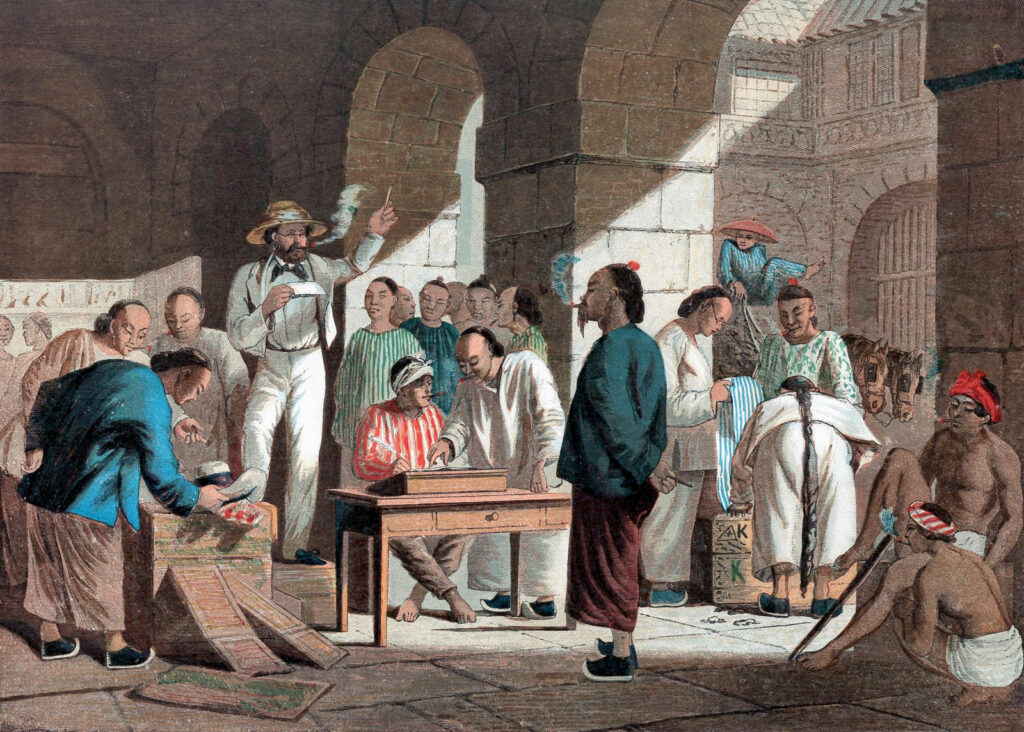
During the 19th century, China was self-sufficient and cautious about its border because of threats from its neighbors. At that time, foreigners were not allowed to enter and travel through China without the permission of the emperor. Trade with the west occurred through the cantonal port. However, it was very difficult for the European traders to trade since the port’s middlemen charged high prices in order to cover taxes. Unlike the Chinese, the British traded mainly in silver coins, meaning the British had to purchase silver coins from other nations, leading to a vast trade deficit.
Addiction of Opium

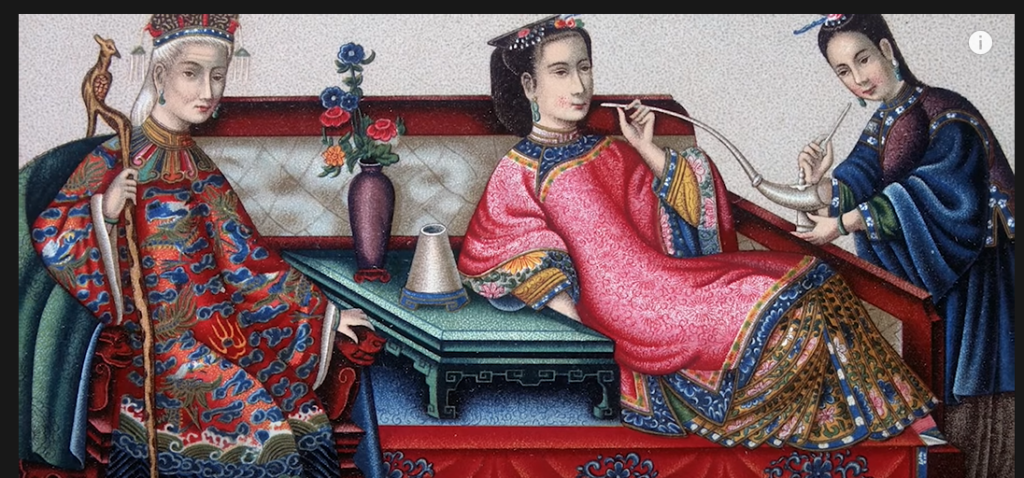
Looking at the trade deficit and having nothing useful to sell, the British merchants started selling illegal opium, which was moved along China via the black market. Opium is a narcotic derived from the resin of the Opium poppy. These poppies were harvested in British India, hence were produced on a large scale. The consumption of opium was not new to China and had been known since the 8th century AD, where it served a medical purpose. People used to consume opium but not as vigorously as they did after the British introduced opium by smuggling.
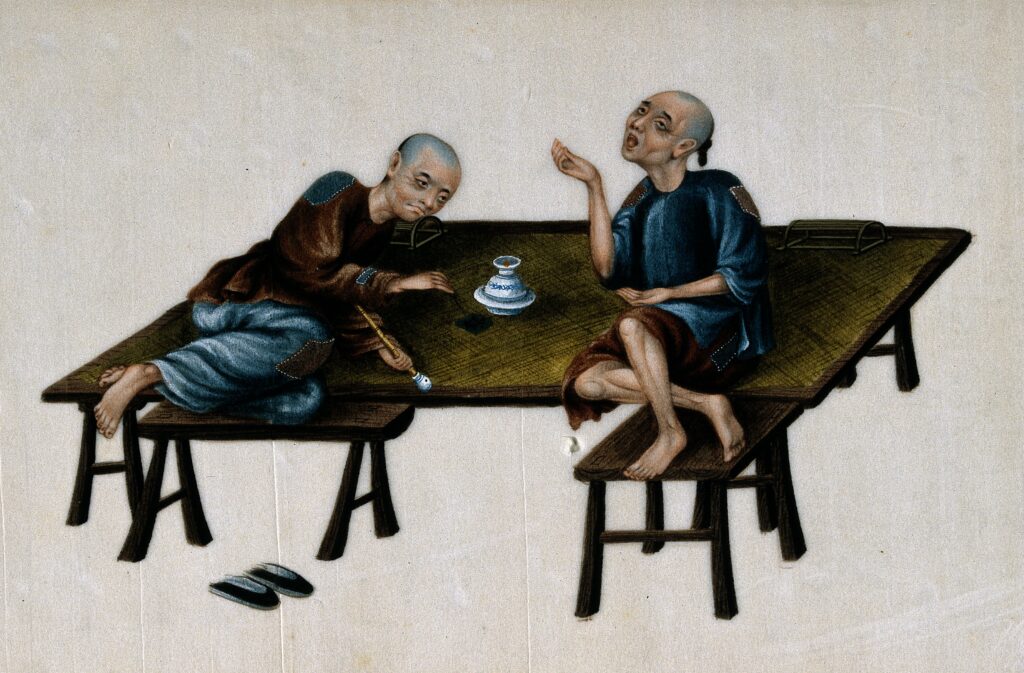
The Chinese got addicted to Opium and spent an estimated seven million silver dollars during 1806-07, which brought huge profits to the Britishers. During the 1830s, British businesses flooded the black market with thousands of tons of the drug in exchange for silver, and the number of Chinese Opium addicts reached as high as 12 million.
The First Opium War
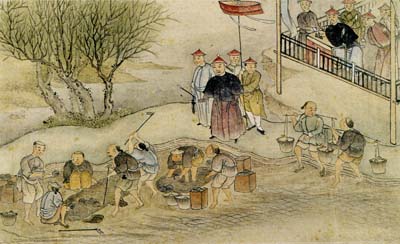
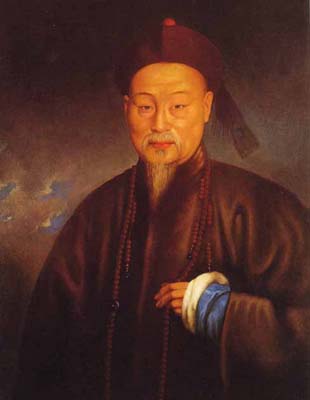
The high amount of opium consumption grew concerns among the officials, and hence, the emperor Daoguang sent the commissioner Lin Zexu to handle the situation. The commissioner imposed a death penalty for anyone who was found possessing or importing opium. He further destroyed and ceased over 100 tons of opium, estimated to be around 2 million euros. The fact that the British traders were not compensated for these items fueled a sense of rivalry between the British and Chinese.
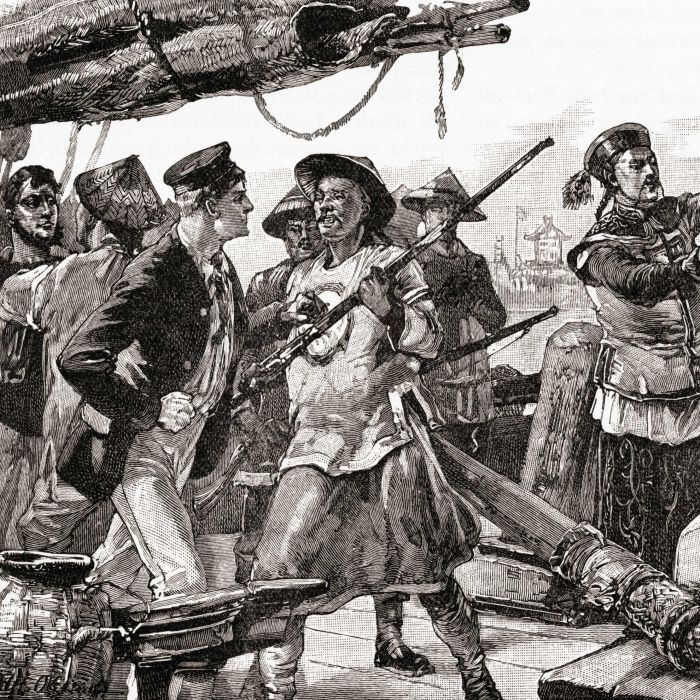
The immediate cause of the war was the murder of a Chinese villager by a bunch of drunken British merchants. Britain imprisoned the guilty ones and sentenced them to only six months in prison; the Chinese demanded the men’s handover, but when the British refused, the Chinese restricted the sale of food to British nationals. The Chinese were firm and clear that they either co-operate or leave the country.
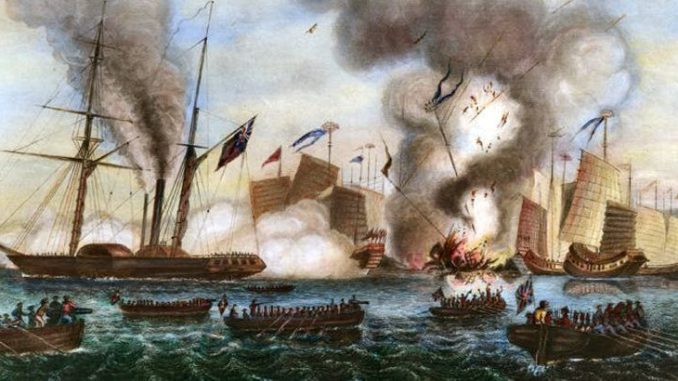
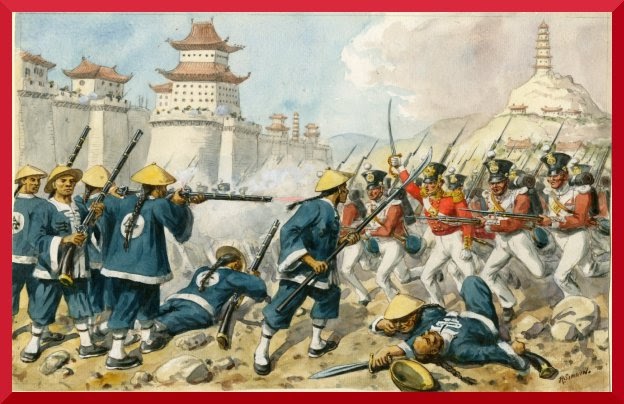
Most of the Britishers fled China only to return with the Royal Navy in June 1840, with a large number of warships. The British captured Zhoushan Island with little to no opposition faced. Though the Chinese didn’t surrender and fought back, the lack of advancements in weaponry like guns and warships caused them the war. The British soldiers completely overpowered and destroyed the Chinese, and their sand made war forts with soldiers fighting with bows, arrows, and swords. With the British seizing many more islands and towns, they finally arrived at Zhejiang, where the final battle took place, killing many of the Chinese who were defending it.
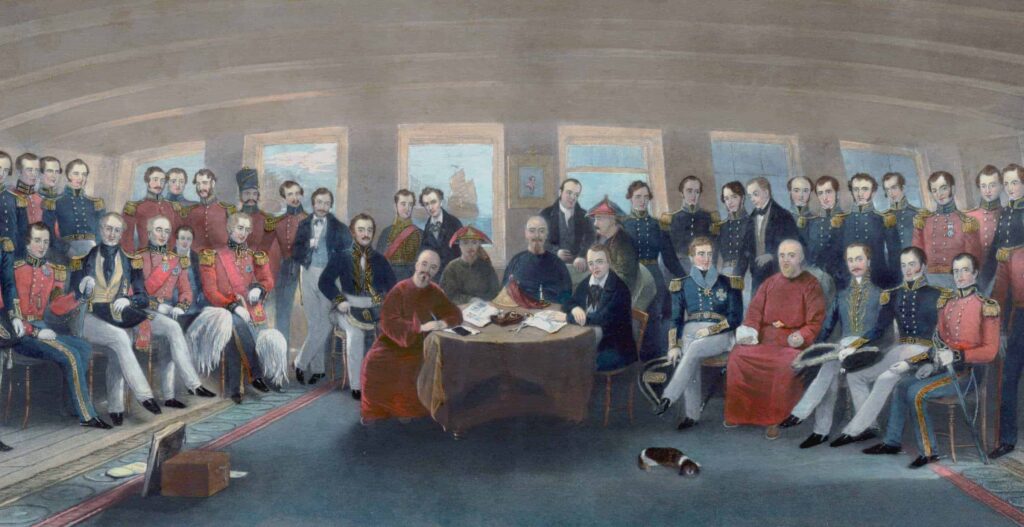
The Chinese government finally became aware and pursued a Peace Act. On August 29, the Treaty of Nanking was signed, and by its provision, the Chinese were required to pay 20 million silver dollars to Britain as compensation. Per the treaty, the British gained complete over the island of Hong Kong and allow the Chinese to open five new trading ports for international. By the treaty of Nanking, the first opium war came to an end.
The Second Opium War
Over the few decades, a series of unequal treaties were passed after the first opium war. Opium continued to be traded in huge quantities and soon became the single most profitable source of income for the Britishers. The country was flooded with Opium, and the unequal treaties imposed were a shame and humiliation for the Qing government.
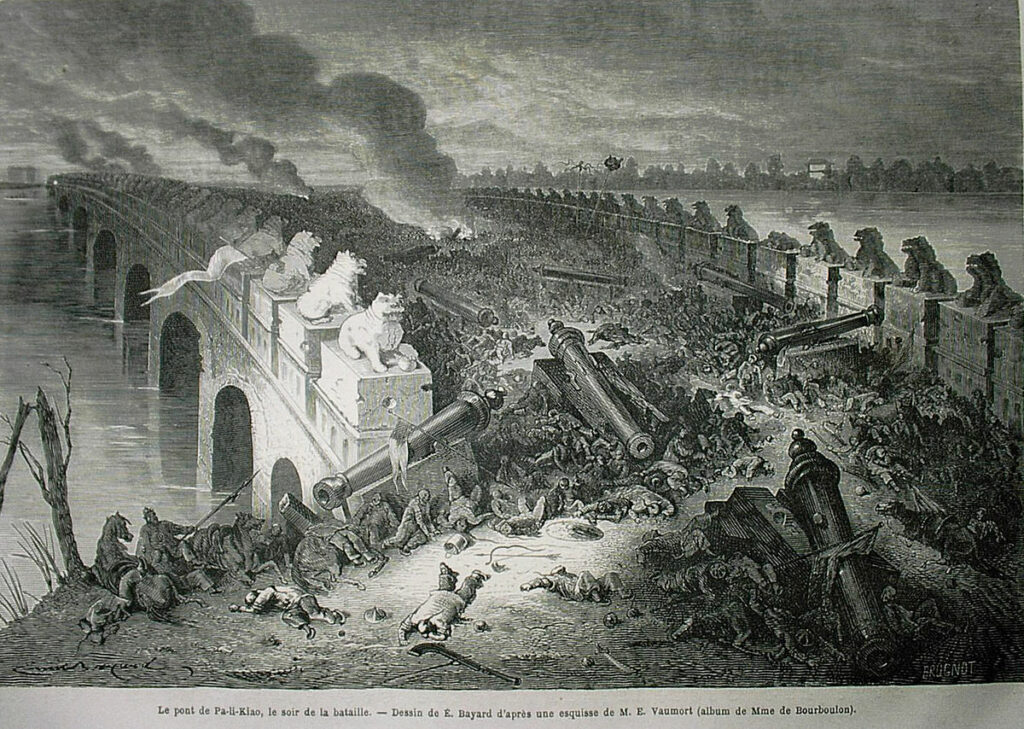
Soon during the 1850s, the Taiping Rebellion challenged the authority of the Qing emperor, and this internal rebellion was carried out for at least 14 years. Again seeking the opportunities to expand their trade, the British government got their excuse in early October 1856. While the British-registered ship Arrow was docked in canton, some Chinese officials boarded her, imprisoned several Chinese crew members (later released), and allegedly lowered the British flag.
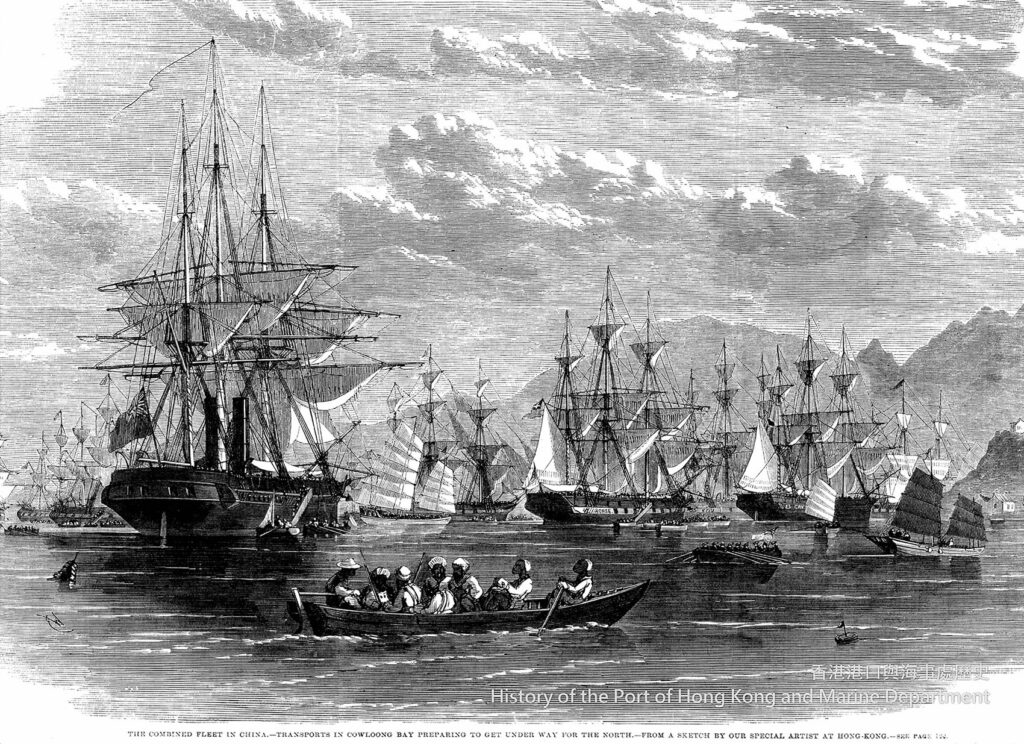
These incidents gave enough reason to the British, and they responded again by sailing ships over Pearl Lake and attacking nearby forts of the canton, which officially started the second opium war. But this time, the Chinese were prepared and ordered to kill any foreign individual they have encountered but again, the better power wins, and the British captured islands and entered the cities with little resistance. Soon, other European countries started to join the British force as the opportunity to trade; the French joined the British military expedition, citing the assassination of a French missionary in the mainland of China in early 1856 as their justification.
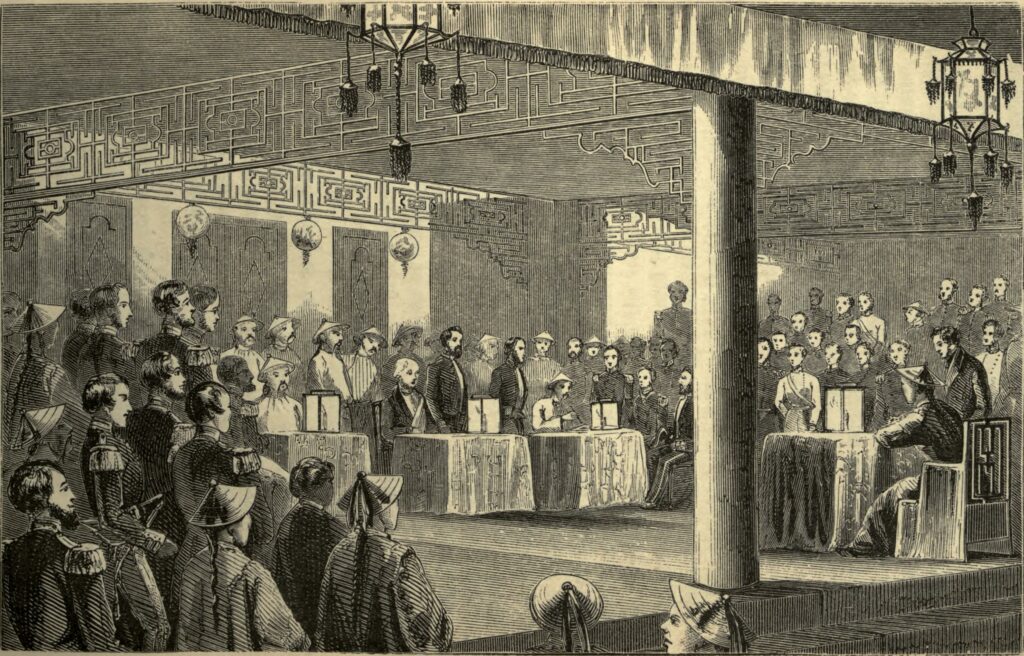
The Anglo-French soldiers continued to demolish the Chinese soldiers and soon enter Tianjin in 1858, which gave the emperor a signal that his own life was at risk and forced the Chinese into negotiation. The Treaty of Tianjin was signed in June 1858, which fully legalized the trade of opium and opened even more ports for trading. The British and the European countries continued to exploit the Chinese and feed them opium until the 1950s. As a result of the one-sided wins that the technologically superior British force achieved, the Chinese government recognized the necessity to modernize its military.

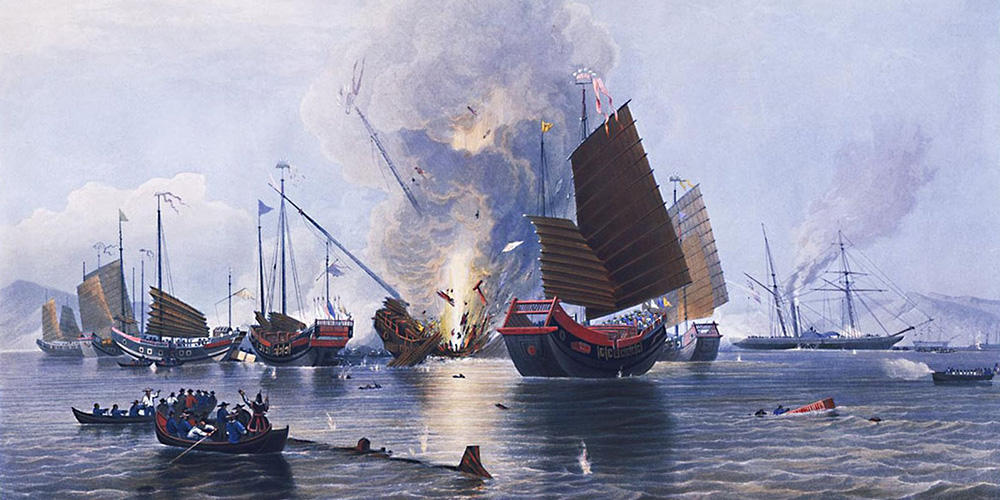

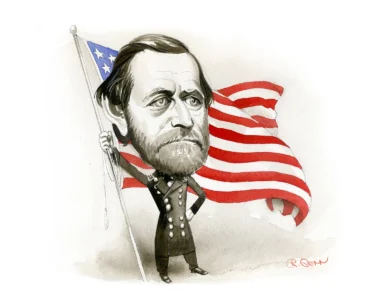

Add comment